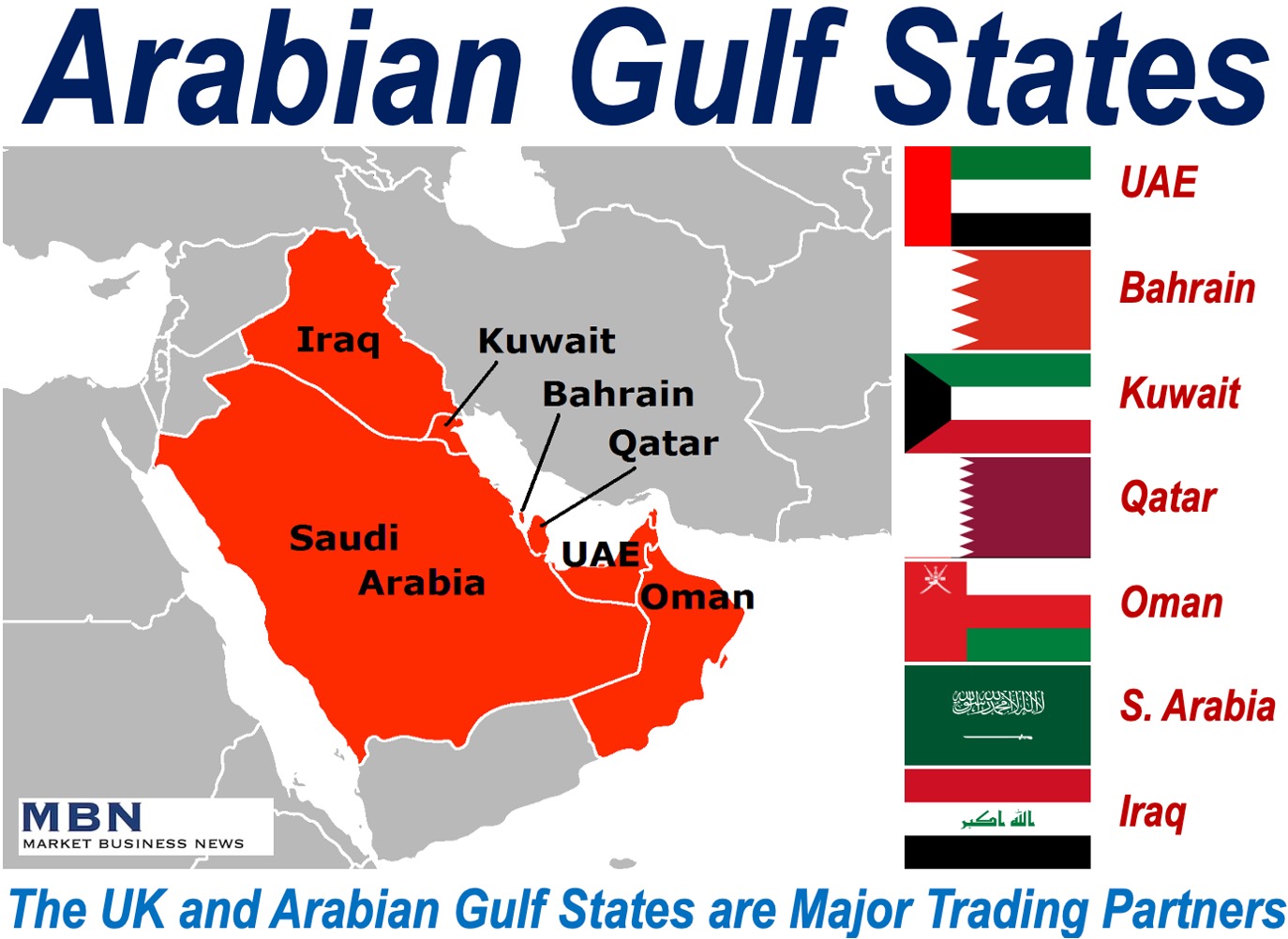This week, UK Trade Secretary Jonathan Reynolds and Trade Policy Minister Douglas Alexander have embarked on a significant visit to the Arabian Gulf, with the aim of boosting trade and investment with the region. The visit marks their first joint international trip since the Labour Party’s landslide victory in July, under the leadership of Prime Minister Keir Starmer.
The ministers’ focus during the visit is to enhance economic relations with the Gulf Cooperation Council (GCC), which includes Bahrain, Kuwait, Oman, Qatar, Saudi Arabia, and the United Arab Emirates.
-
Important Trading Partner
The ArabianGulf region is already a key trading partner for the UK, with current trade valued at approximately £57 billion.
-
Potential Free Trade Agreement
British officials are optimistic that a potential free trade agreement with the GCC could bring further economic benefits, potentially boosting the UK economy by an estimated £1.6 billion over the long term.
Such an agreement would open new doors for UK businesses, allowing them to expand their reach in one of the world’s fastest-growing markets, while also offering British consumers access to a wider range of high-quality goods and services.
Reynolds emphasized the importance of the visit, stating, “Economic growth is this government’s driving mission and boosting trade and investment with some of the world’s biggest economies is crucial to that.”
-
UK’s Broader Strategy
His comments highlight the UK’s broader strategy to enhance trade relations with key international partners, which also includes ongoing negotiations with India, Switzerland, and South Korea.

Trade Talks in Riyadh and Beyond
-
Riyadh, Saudi Arabia
During their visit, the UK ministers are holding discussions with their counterparts in Riyadh, Saudi Arabia’s capital, to explore new avenues for collaboration.
These talks come at a time when the UK government is actively seeking ways to drive economic growth, particularly following the challenges posed by Brexit, which some business groups have identified as a factor in the country’s recent struggles with trade performance.
According to national accounts data, the UK ranks last among the G7 economies in terms of export growth since 2019.
-
Oman
Following their meetings in Riyadh, Minister Alexander is scheduled to continue to Oman, where he will meet with local officials and UK businesses already operating successfully in the country.
The UK is a major investor in Oman, accounting for more than half of all foreign direct investment in the nation, creating job opportunities for both sides.
Oman is also an important investor in the UK, with notable deals, particularly in green energy initiatives.
Boosting Investments Ahead of International Investment Summit
The ministers’ Gulf visit comes just one month before the International Investment Summit, scheduled for October 14, where the UK will be showcased as an attractive destination for foreign investment.
During this week’s meetings, British officials are highlighting the country’s strengths in industries such as technology, life sciences, creative industries, financial services, and renewable energy.
These sectors are considered vital to the UK’s future economic growth, and government officials are keen to attract more investment from Arabian Gulf countries, which already have a strong £19 billion investment relationship with the UK.
-
UK Export Finance
In addition to potential trade deals, UK Export Finance (UKEF) has been actively supporting British businesses as they seek to secure contracts abroad. For example, Northern Ireland-based company Kiverco, which specialises in recycling plant manufacturing, recently won a major contract to export equipment to Saudi Arabia, supported by a £350,000 export insurance package from UKEF.
A Future of Collaboration with Arabian Gulf Nations
Both Reynolds and Alexander have expressed excitement about the opportunities presented by the vibrant economies of the Arabian Gulf. They reiterated that the UK is keen to negotiate high-quality trade deals that will benefit businesses and consumers on both sides.
As the UK government continues its mission to secure trade agreements and boost its economy, the ministers’ visit to the Gulf represents a critical step in strengthening ties with one of the world’s most dynamic regions.
The outcomes of this visit, along with the anticipated free trade agreement, have the potential to play a significant role in shaping the future of UK-Gulf economic relations.
